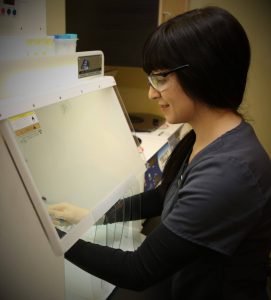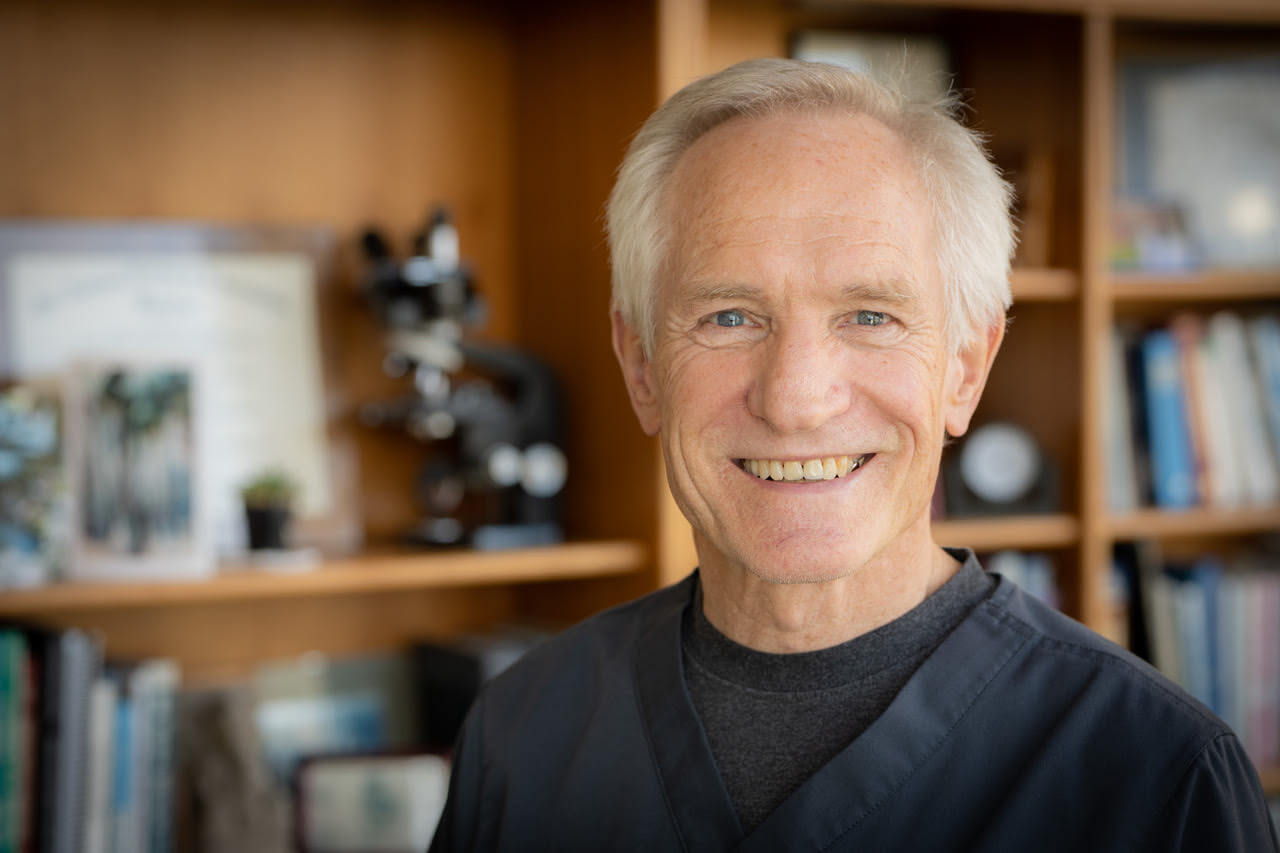by Dr. Noel Peterson, ND, DAAPM
Since 2012, we have been using an adipose tissue graft protocol for Regenerative Injection Therapy. We call this procedure Adipose Tissue Grafting because the FDA has made it clear that any statement that claims that stem cell therapy “repairs” tissue is misleading. Nonetheless, scientists have known for years how harvesting a person’s own (autologous) stem cells from adipose tissue and injecting them directly into the damaged joint can assist the body to naturally repair cartilage, improve mobility, and decrease pain.1, 2, 3, 4, 5, 6 When combined with proper nutrition, weight loss and exercise, Adipose Tissue biocellular injection has proven to be a viable alternative to major surgery and joint replacement procedures.6 Studies have shown that Adipose is rich in progenitor cells that are able to differentiate into several cell types including cartilage (chondrocytes), heart (cardiomyocytes), vascular endothelial cells, nerve cells, hepatocytes, and epithelial cells, making adipose tissue an important source for the potential treatment of a multitude of human diseases.7 The following article explains some of the science behind why this treatment is so effective and why these Mesenchymal Stem Cells can dramatically improve mobility, decrease pain and serve as a viable alternative to surgery.
Mesenchymal Stem Cells (MSCs) are self-renewing cells and are found in almost every organ and tissue type.7 MSCs can be isolated from the patient’s own adipose (fat) tissue. Autologous adipose-derived tissues can be isolated from adipose tissue and lipoaspirates. Adipose-derived tissues and cells have many advantages over other sources. They can be expanded in culture in large numbers while maintaining pluripotency, or the capability of differentiating into different types of body cells. Recent studies confirm that adipose tissue harvests exhibit several advantages for therapeutic use including increased propagation increasing the ability to migrate to sites of tissue injury, strong immunomodulating effects, and the ability to grow into cartilage, bone, nerve tissue, and heart muscle.7, 8, 9, 10, 11
Primary benefits of mesenchymal stem cells
Differentiation and regeneration: MSCs have a strong capacity for self-renewal and differentiation into tissues of mesodermal origin including cartilage, connective tissue, muscle, nerves, fat, and bone.8, 9, 10, 11 This is particularly helpful in osteoarthritic diseases of the large synovial joints, including the hip and knee joints. Previous studies have shown that AD-MSCs are able to differentiate into several cell types, including cartilage (chondrocytes), heart (cardiomyocytes), vascular endothelial cells, nerve cells, hepatocytes, epithelial cells, and adipocytes, making them an important source for the treatment of a multitude of human diseases.

Immune modulation: MSCs have the ability to normalize an overreactive immune system. Research has demonstrated that this is particularly helpful in immune-mediated diseases, including multiple sclerosis, diabetes, and autoimmune arthritis.12, 13
What stem cell therapy means for you
The many benefits of Mesenchymal Stem Cells can promote effective healing, improved mobility, and decreased pain. Contact us to find out if this treatment is an option for you, and let us help you achieve an active, pain-free lifestyle.
Sources:
- Dai WL, Zhou AG, Zhang H, Zhang J. Efficacy of Platelet-Rich Plasma in the Treatment of Knee Osteoarthritis: A Meta-analysis of Randomized Controlled Trials. Arthroscopy. 2017 Mar;33(3):659-670.e1. doi: 10.1016/j.arthro.2016.09.024. Epub 2016 Dec 22. PMID: 28012636.
- Dall’Oca C, Breda S, Elena N, Valentini R, Samaila EM, Magnan B. Mesenchymal Stem Cells injection in hip osteoarthritis: preliminary results. Acta Biomed. 2019;90(1-S):75-80. Published 2019 Jan 10. doi:10.23750/abm.v90i1-S.8084
- Regenerative Capacity of Adipose Derived Stem Cells (ADSCs), Comparison with Mesenchymal Stem Cells (MSCs)
- Efficacy of Intra-articular Platelet-Rich Plasma Injections in Knee Osteoarthritis: A Systematic Review
- Refractory Shoulder Pain with Osteoarthritis, and Rotator Cuff Tear, Treated With Micro-Fragmented Adipose Tissue
- Regeneration of Cartilage in Human Knee Osteoarthritis with Autologous Adipose Tissue-Derived Stem Cells and Autologous Extracellular Matrix
- da Silva Meirelles L, Chagastelles PC, Nardi NB. Mesenchymal stem cells reside in virtually all post-natal organs and J Cell Sci 2006;119(part 11):2204–2213.
- A. Zuk, M. Zhu, H. Mizuno et al., “Multilineage cells from human adipose tissue: implications for cell-based therapies,” Tissue Engineering, vol. 7, no. 2, pp. 211–228, 2001
- Noelle Knight et al. Mesenchymal Stem Cells in Bone Regeneration. Advance in Wound Care. 2013; 6,2
- Xie QP, Huang H, Xu B et Human bone marrow mesenchymal stem cells differentiate into insulin-producing cells upon micro- environmental manipulation in vitro. Differentiation 2009;77:483–491.
- Pittenger MF, Mackay AM, Beck SC et al. Multilineage potential of adult human mesenchymal stem cells. Science 1999;284:143–
- Abdi R, Fiorina P, Adra CN et al. Immunomodulation by mesenchymal stem cells: A potential therapeutic strategy for type 1 Diabetes 2008;57:1759–1767.
- Nauta AJ, Fibbe WE. Immunomodulatory properties of mesenchymal stromal cells. Blood 2007;110:3499–3506.
- Volarevic V, Al-Qahtani A, Arsenijevic N et al. Interleukin-1 recep- tor antagonist (IL-1Ra) and IL-1Ra producing mesenchymal stem cells as modulators of diabetogenesis. Autoimmunity 2010;43:255–263.
- Zdravkovic N, Shahin A, Arsenijevic N et Regulatory T cells and ST2 signaling control diabetes induction with multiple low doses of streptozotocin. Mol Immunol 2009;47:28–36.



